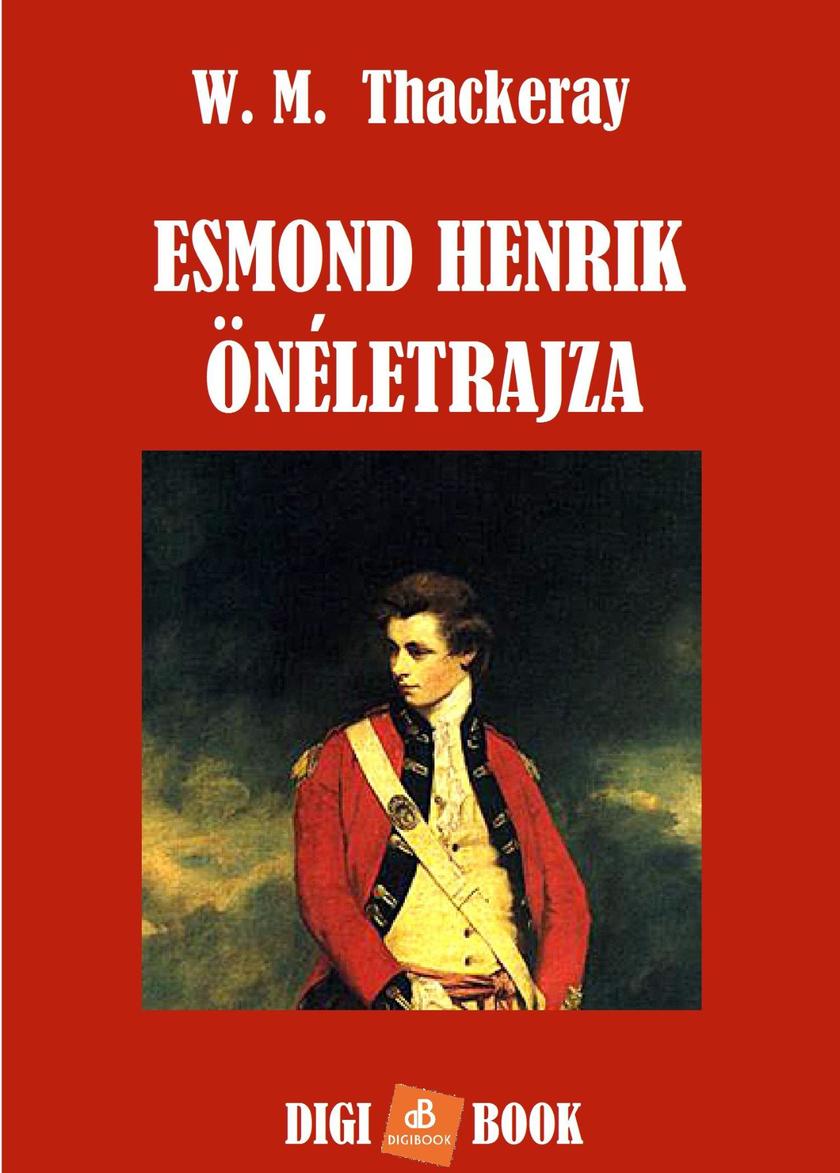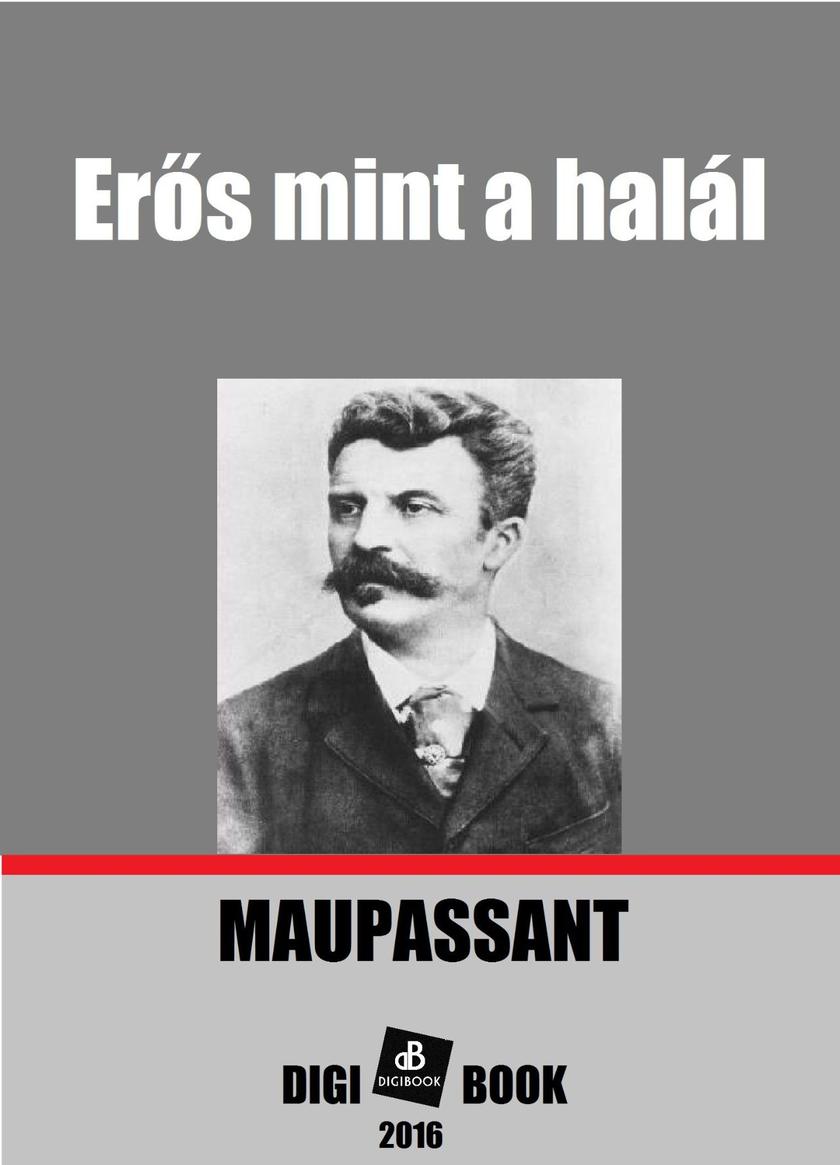
Ali és Ramzan
¥57.14
Ali és Ramzan

Egyedülálló szül?k k?nyve
¥74.72
Egyedülálló szül?k k?nyve

Genocide
¥79.54
Genocide

Az üzenet
¥75.46
Az üzenet

Z?r a Paradicsomban: A t?rténelem végét?l a kapitalizmus végéig
¥77.50
Z?r a Paradicsomban: A t?rténelem végét?l a kapitalizmus végéig

Júlia 502. (Megsebzett galamb)
¥18.72
Júlia 502. (Megsebzett galamb)

Szívhang 435. (Szerelem nélkül nincs házasság)
¥18.72
Szívhang 435. (Szerelem nélkül nincs házasság)

Er?ltetett menet
¥22.73
Er?ltetett menet

A b?v?s sziget
¥28.53
A b?v?s sziget

A kozákok
¥28.53
A kozákok

Esmond Henrik ?néletrajza
¥25.67
Esmond Henrik ?néletrajza

Romana 480. (Gy?r? k?lcs?nbe)
¥18.74
Romana 480. (Gy?r? k?lcs?nbe)

Hajnali cigaretta
¥25.67
Hajnali cigaretta

A tisztesség nevében
¥22.73
A tisztesség nevében

Er?s mint a halál
¥28.53
Er?s mint a halál

Romana 477. (Szerelmes a szakácsn?)
¥18.74
Romana 477. (Szerelmes a szakácsn?)

Romana kül?nszám 57. k?tet (Párnacsata, Apai ?r?m?k, Privát oázis)
¥42.92
Romana kül?nszám 57. k?tet (Párnacsata, Apai ?r?m?k, Privát oázis)

Romana 520. (Velence halovány fényben)
¥18.56
Romana 520. (Velence halovány fényben)

Júlia 521. (Védj meg és ?lelj!)
¥18.72
Júlia 521. (Védj meg és ?lelj!)

Szívhang kül?nszám 37. k?tet
¥43.16
Szívhang kül?nszám 37. k?tet

Szívhang 449. (Veszélyes út)
¥18.72
Szívhang 449. (Veszélyes út)




 购物车
购物车 个人中心
个人中心



